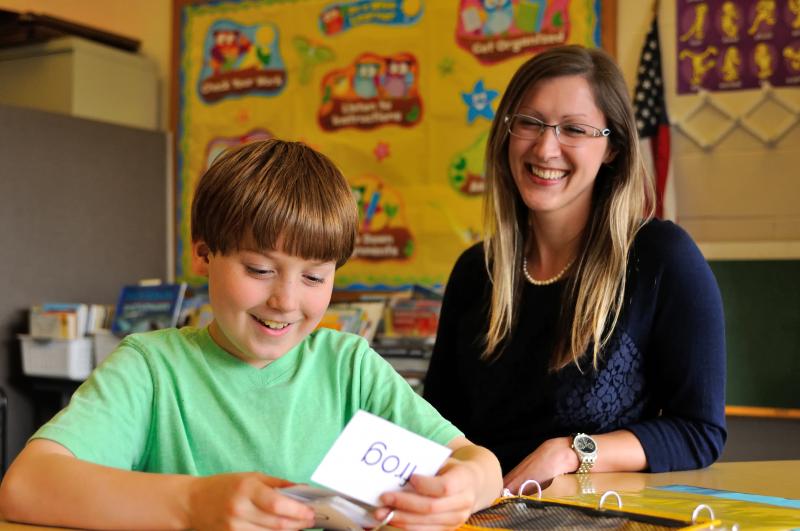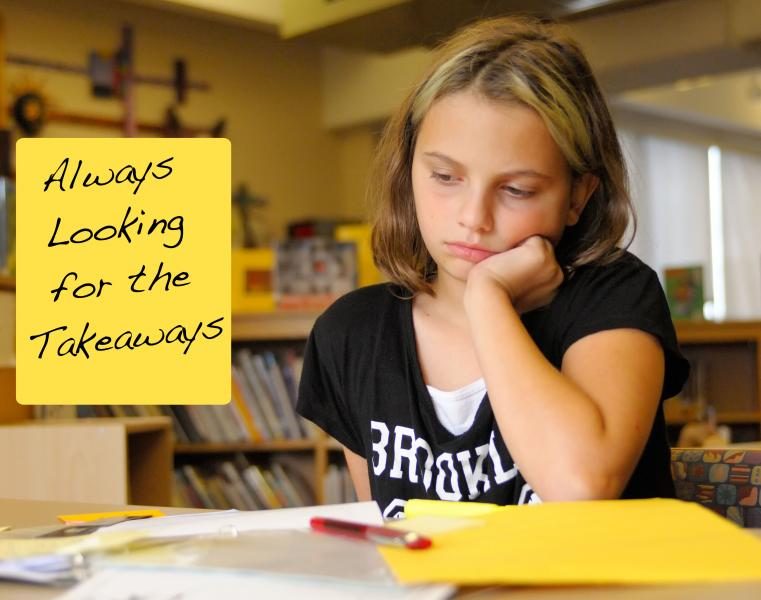
Parents Speak about the Springer Experience: What's Different about Springer?
March 17, 2015
Calming the Chaos: Parents of 7th to 12th Graders Share Their Concerns
May 1, 2015




On March 18, Dr. Peg Dawson spoke to over 600 parents at a program sponsored by Cincinnati Children’s Hospital Medical Center and Springer. The program’s title, Calming the Chaos, captured the desire of parents who attended.
While many, myself included, would love to think that a parent program such as this could actually give all the answers, realistically it is always, simply stated, great food for thought, a jumping-off place, or a way to frame the difficult work of attending to the vast need of children and adults with executive dysfunction or ADHD.
At the conclusion of Dr. Dawson’s talk, there were four important takeaways that resonated with me. Peg described the need to “keep your eye on the biggest prize.” She stressed choosing a small number of challenges to focus on, rather than trying in vain to manage the whole dragon. She used the term “goal-directed persistence” to describe attainment of these small but important goals.
A second takeaway was the notion of choosing the right strategies to support these defined areas of challenge. Again, this is a monumental task if you are trying to tackle too much. Dr. Dawson counseled on the need to provide externalized supports where internal organization fails, and the importance of a simple reward/consequence plan that would lead to successful attainment of the goals.
Also important was helpful advice on how to keep the strategies and supports going, in the midst of busy lives. Peg talked about making the plan simple and easily carried out. She also concluded that sharing the responsibility between home, student, and school improved the ability to stick with the program.
Lastly, we believe there is a call to action when a child has ADHD or deficits in executive function. Many of these issues do not qualify a child for specialized help at school, but they are the cause of significant frustration, low self-esteem, and poor academic achievement if left unaddressed. Often the impact is seen as a lack of development of essential academic skills necessary for success in junior high and beyond.

In the next three weeks, we will be discussing these concepts and other significant learning from the Follow-up Conversation with parents held at Springer on the evening of April 14. We look forward to having this “online” conversation with you in the coming weeks.
Blogger Barbara Hunter, MEd, shares her expertise in the use of technology to support learning. If you have questions, please contact Barbara at .